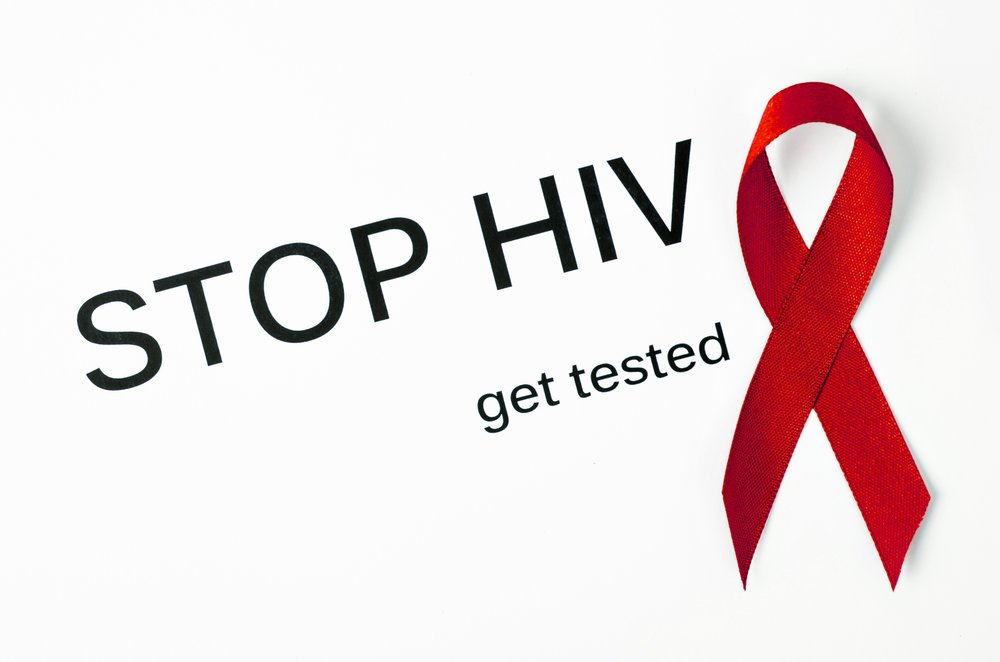
HIV Testing/Screening Basics
The symptoms of an HIV infection vary between stages. If you suspect that you could have been exposed to the disease, the only sure way you can know your status is by going for HIV testing/screening.
The Health Advisory Clinic highly recommends HIV screening if;
- You have engaged in unprotected sex with anonymous or multiple partners.
- You have shared injecting equipment such as needles recently.
- You’re concerned about your HIV status and would like to get a peace of mind and
- If you were diagnosed with an STI most recently.
It is also important to get tested because if the infection is diagnosed early, you get a better chance of fighting it and leaving a happy, healthy life. A diagnosis will also help you understand the best things you can do to protect yourself and your partner’s health.
How Can You Get Tested for HIV Without the Actual Testing?
You cannot tell that someone has HIV without the actual HIV testing/screening by just looking at him or her. However, there are a few pointers that may give you a hint that you or your loved one could be infected with the virus.
Symptoms of HIV Infection
Stage One: Acute HIV Infection
According to studies, around two-thirds of patients show flu-like symptoms within 2 to 4 weeks after exposure. Some of the symptoms will include;
- Mouth ulcers
- Muscle aches
- Rash
- Fatigue
- Night sweats
- Sore throat
- Swollen lymph nodes
Depending on your immune system, these symptoms may only last a few days or take weeks to clear up. There is, however, an exception of a few people who don’t show any of these symptoms at stage one.
Most people confuse these symptoms with those of the flu. If you see any of these symptoms after recently having unprotected sex with more than one partner or anonymous partners, be sure to go for HIV testing/screening.

HIV Stage 2: The Clinical Latency Stage
You may not have any symptoms or feel sick at the clinical latency stage, but the virus slowly multiplies in your system. If you don’t get treatment, your condition may progress faster. Depending on your immune system still, you may also live with the infection for another 10 or 15 years.
However, if you stick to taking the drugs as prescribed and manage to suppress the infection to an undetectable viral load, you will have lesser risks of infecting your partner and protect your health in return. On the flip side, if the viral load is still detectable, be sure to follow the necessary safety and precautionary measures to avoid spreading the virus to your partner.
Stage 3: AIDS
If you don’t get HIV treatment when the virus is already in your system, it will ultimately overpower your immune system. Once the immune system is overwhelmed, your condition will progress to Acquired Immunodeficiency Syndrome (AIDS).
Some of the symptoms you’ll notice at this stage, which is also the last stage, include;
- Persistent fever.
- Persistent diarrhea lasting for more than seven days.
- Rapid weight loss.
- Extreme tiredness.
- Pneumonia
- Genital, mouth, or anal sores
- Swelling of the lymph nodes.
- Neurological disorders
Which Kind of HIV Testing/Screening are Available in Singapore?
Your health practitioner can test your oral fluids, urine, or blood to help you know your HIV status. The HIV tests that are available in Singapore include; Antigen/Antibody tests, the Nucleic Acid test, and the Antibody tests.

-
Antigen/Antibody Tests
For this test, your clinician will draw blood from your vein and test it for antibodies and antigens. The antibodies are produced naturally when your system is attacked by viruses such as HIV.
On the other hand, the antigens are the foreign agents that cause the immune system to trigger. If you’ve contracted HIV, an antigen p24 is usually produced early on, even before the antibodies are activated. You can always get the results within 30 minutes or less.
-
Nucleic Acid Tests (NAT)
This test also involves the doctor drawing blood from a vein, and its focus is on checking for the virus in your blood. It can determine if one is HIV positive and show the HIV viral load in the blood. This test is a bit complex, and the results may take days to be availed for you.
-
HIV Antibody Tests
This test aims to test the antibodies against HIV in your oral fluids or blood. The results are usually ready within 30 minutes or less.
Do you think you’ve been Exposed to HIV?
Just like most STIs, HIV can be easily managed if you detect it early. It would be better not to wait until you get to the AIDS stage.
If you’ve been exposed to HIV, go for HIV testing/screening immediately so you can find the best ways of keeping the viral load down. Give us a call today, and we’ll help you set up a confidential HIV screening and testing session at your own convenient time.




